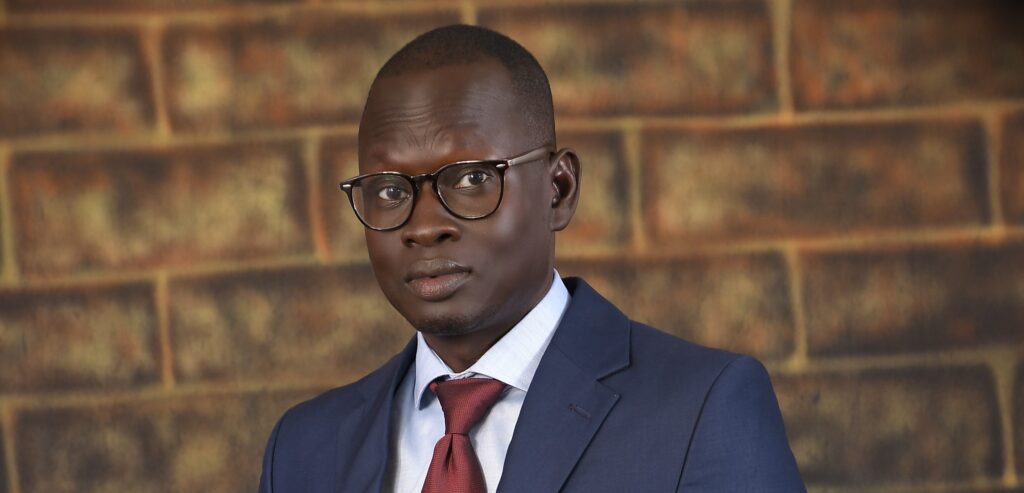Independent media is critically important in Sudan, particularly during its current transitional and pre-post-conflict phases, because it plays a pivotal role in shaping public opinion, disseminating crucial information, and fostering conditions conducive to peacebuilding and conflict resolution.
The media, often described as a “double-edged sword”, can either fuel violence or de-escalate tensions and restore peace by providing balanced and independent reporting that includes marginalized voices. In contexts like Sudan, where a military coup ended Omar al-Bashir’s 30-year rule in April 2019, and the subsequent transition collapsed into civil war between the Sudan Armed Forces (SAF) and Rapid Support Forces (RSF) in April 2023, the need for reliable information and constructive dialogue is paramount.
Supporting independent media in Sudan now is crucial for several reasons. Firstly, it counters misinformation and bias that can influence perceptions of ongoing conflicts, as observed in Khartoum some months ago. Unreliable information on online social networks can mislead the public and create confusion.
Secondly, independent media empowers citizens by providing them with accurate and diverse perspectives, which is essential for decision-making and holding power accountable. In South Sudan, for instance, the domestic media landscape was characterized by repression immediately following independence in 2011, making independent journalism a vigilant check on governance.
Lastly, media capacity-building, such as the five-year initiative in Sudan, has demonstrated positive results, including the introduction of new reporting styles that highlight public interest issues and enhance journalists’ confidence to minimize self-censorship.
The role of independent media in peacebuilding and transitional periods in pre-post-conflict settings is multifaceted. Independent media fosters inclusive journalism, giving space to marginalized voices and addressing the needs of the entire community. In post-conflict environments, media can analyze events, improve reporting, and contribute to corpus generation for a better understanding of public sentiment. It acts as a platform for dialogue, crucial for transitional justice and reconciliation. For example, a peace-media initiative in Kenya following the 2007 post-election violence utilized a television talk show and workshops to promote conflict resolution and reconciliation. In such scenarios, media can contribute to “communication for peace” by transforming conflict and promoting peacebuilding.
Independent media houses face significant obstacles in Africa, including laws by regimes that hinder the establishment of professionalism and independence, underscoring the importance of external support for media freedom. The ability of the media to influence public opinion is critical in its relationship with conflict, acting either as a provocateur or a conciliator. When the media maintains neutrality and provides information tending towards peace, it acts as a conciliator.
Peacebuilding strategies often incorporate media initiatives. The systematic handling of conflict includes modeling, stability analysis, and interventions to influence situations.
Recommendations for the best way forward in supporting media in Sudan include:
Strengthening media capacity: Continuing and expanding programs that focus on training journalists in ethical, balanced, and inclusive reporting, and enhancing their confidence to minimize self-censorship. This includes providing resources for investigative journalism and fact-checking to combat fake news and false narratives that can erode public trust and destabilize societies. The ethical considerations surrounding propaganda and false narratives, as well as the erosion of ethics in the post-truth era, underscore the urgency of such training.
Promoting digital and social media literacy: Educating the public on how to critically evaluate news, especially from social media platforms, to enhance their resilience against misinformation. Social media sentiment analysis and opinion mining can provide valuable insights into public concerns, allowing for better policy-making and monitoring of public security threats.
Ensuring financial and operational independence: Supporting sustainable business models that enable media outlets to achieve financial independence, such as subscription-based platforms, diversified revenue streams, and community-supported journalism, is vital to reducing vulnerability to political and commercial pressures and upholding journalistic integrity. In conflict and transitional contexts, donor funding also plays a crucial role in bridging financial gaps and ensuring continuity of operations. However, such support should prioritize editorial independence, capacity-building, and transparent governance frameworks to prevent dependency or influence over content. This approach, combined with strong safeguards against censorship and protection of the freedom of expression, forms the foundation of a resilient and credible media landscape.
Facilitating inclusive dialogue: Encouraging media platforms to host diverse voices, including those from marginalized communities, and to facilitate discussions that promote understanding and conflict transformation. This aligns with peacebuilding strategies that emphasize grassroots approaches and vertical integration to enhance opportunities for peace and development.
Leveraging media for peace initiatives: Utilizing media in campaigns, similar to programs that promote interethnic understanding through entertaining content, as seen in Macedonia. The media’s role in peace has been studied, indicating its influence on public opinion.
In conclusion, supporting independent media in Sudan is not merely about providing information, but about investing in the foundational elements of a stable and peaceful society. By empowering journalists, fostering media literacy, ensuring financial independence, and facilitating inclusive dialogue, the media can transcend its role to become an agent of peacebuilding and democratic transition. The current volatile socio-political landscape in Sudan necessitates a robust, ethical, and independent media ecosystem to navigate the challenges, counter divisive narratives, and build a path towards sustainable peace and development.
Leek Daniel is a media specialist & development practitioner and can be reached via leek2daniel@gmail.com.
The views expressed in ‘opinion’ articles published by Radio Tamazuj are solely those of the writer. The veracity of any claims made is the responsibility of the author, not Radio Tamazuj.




